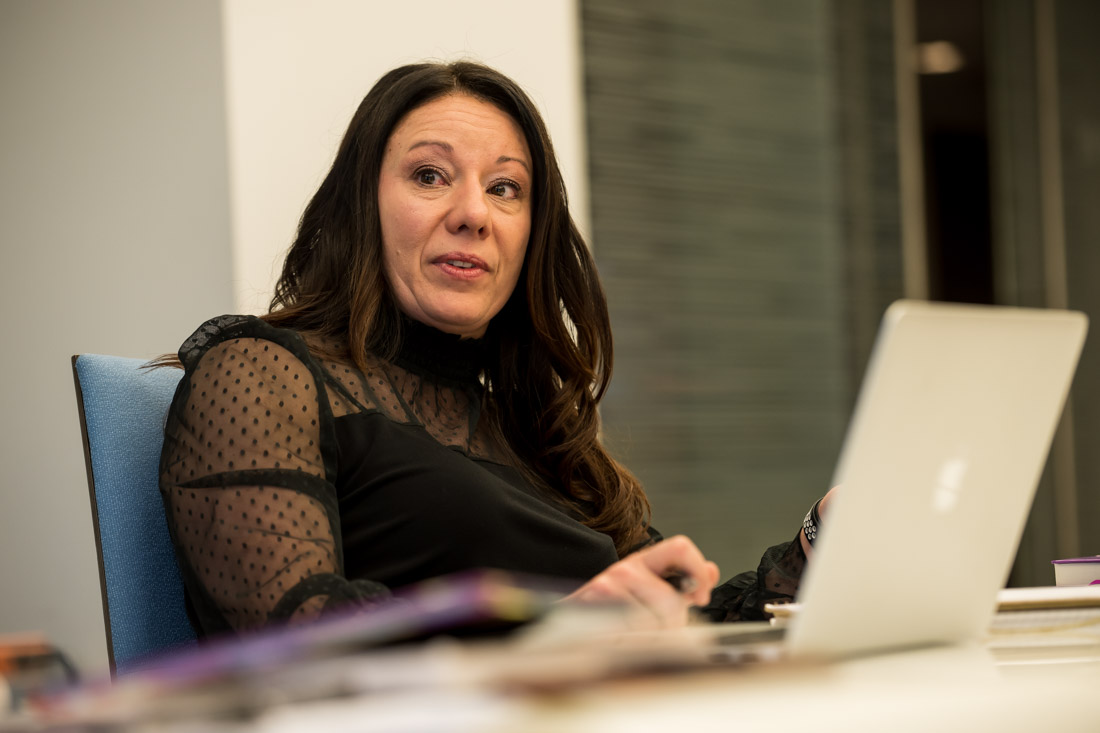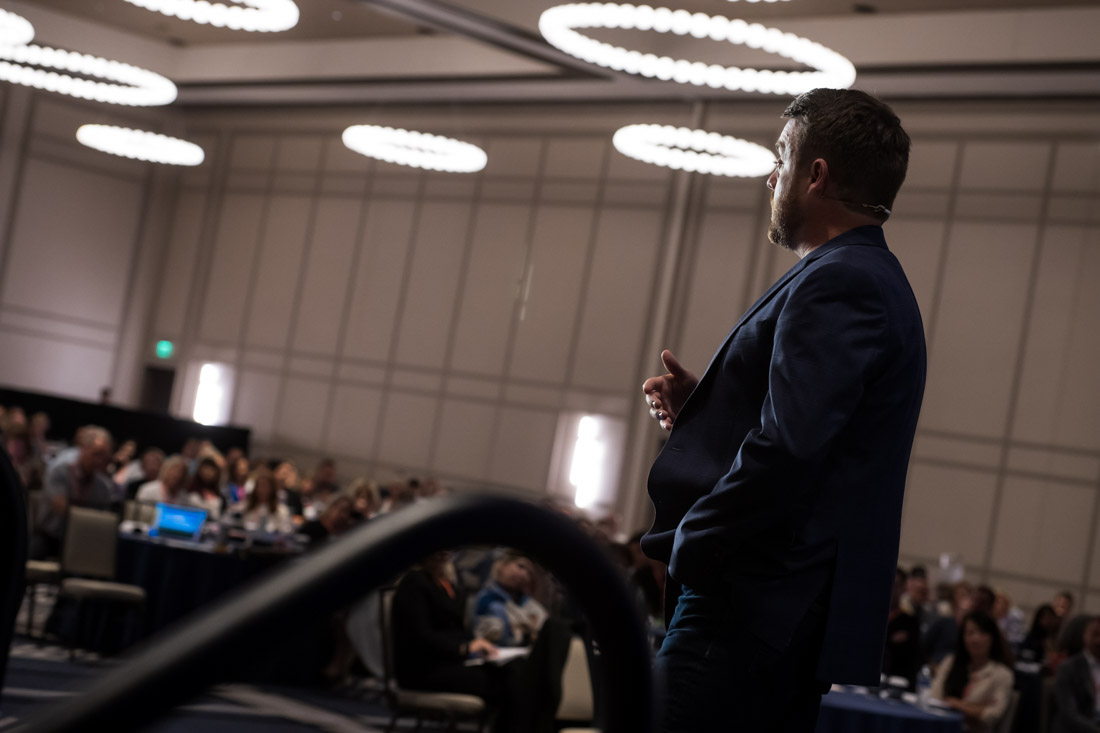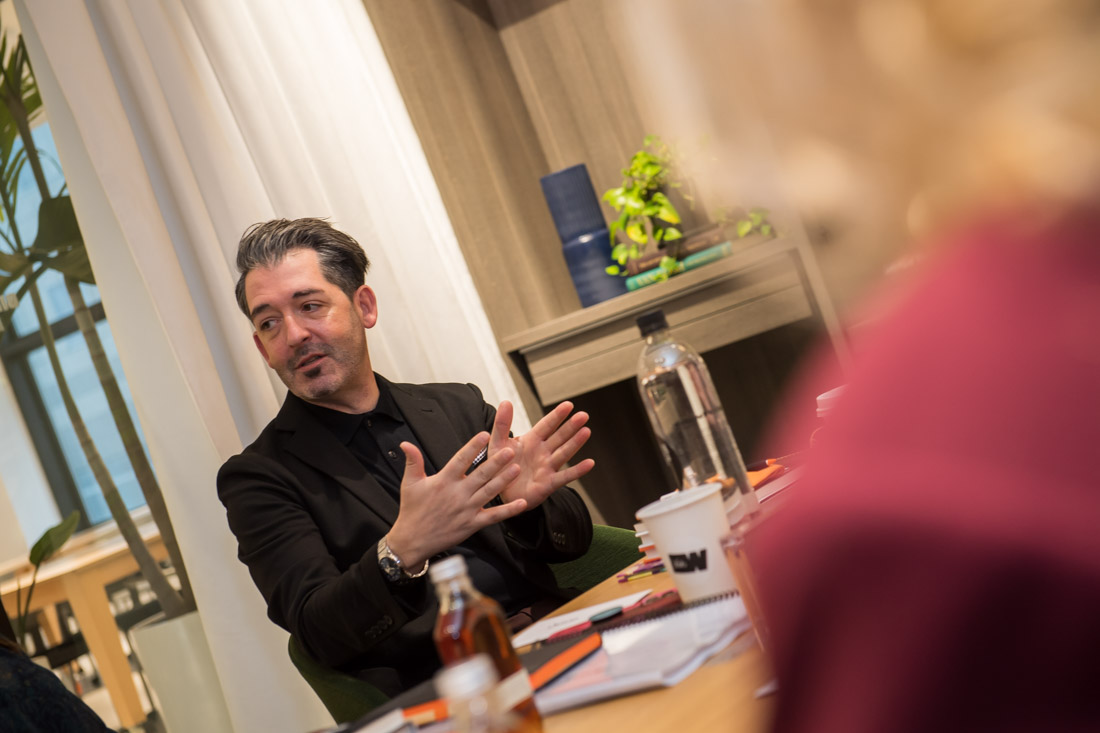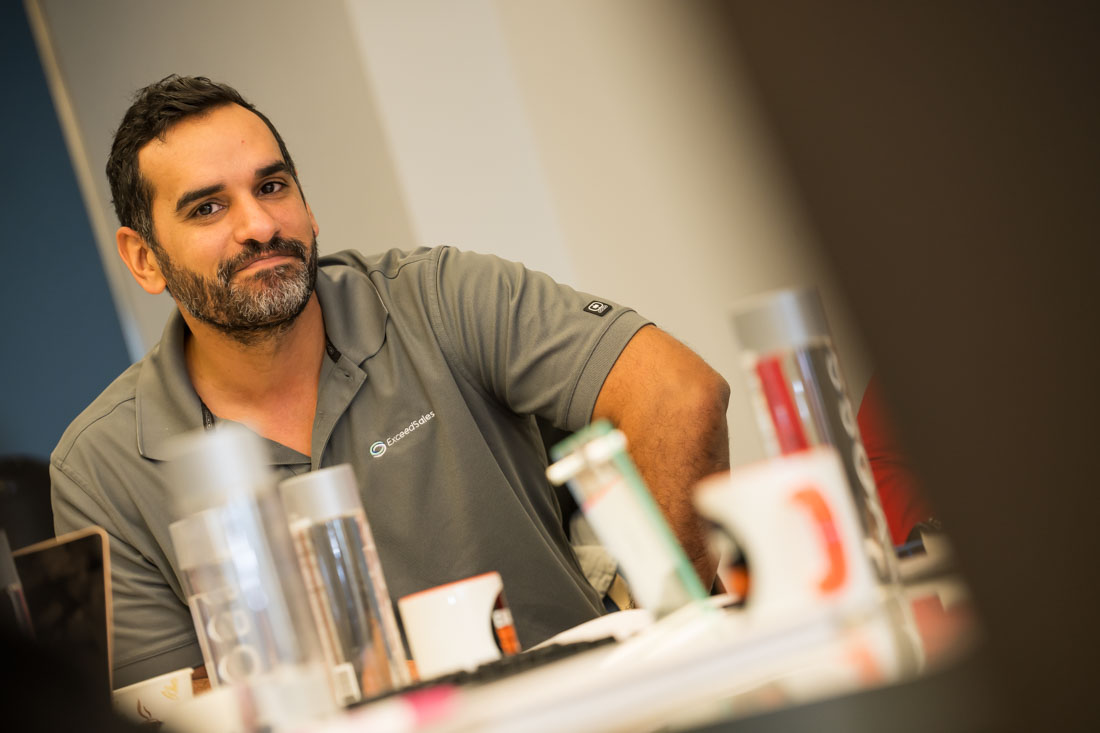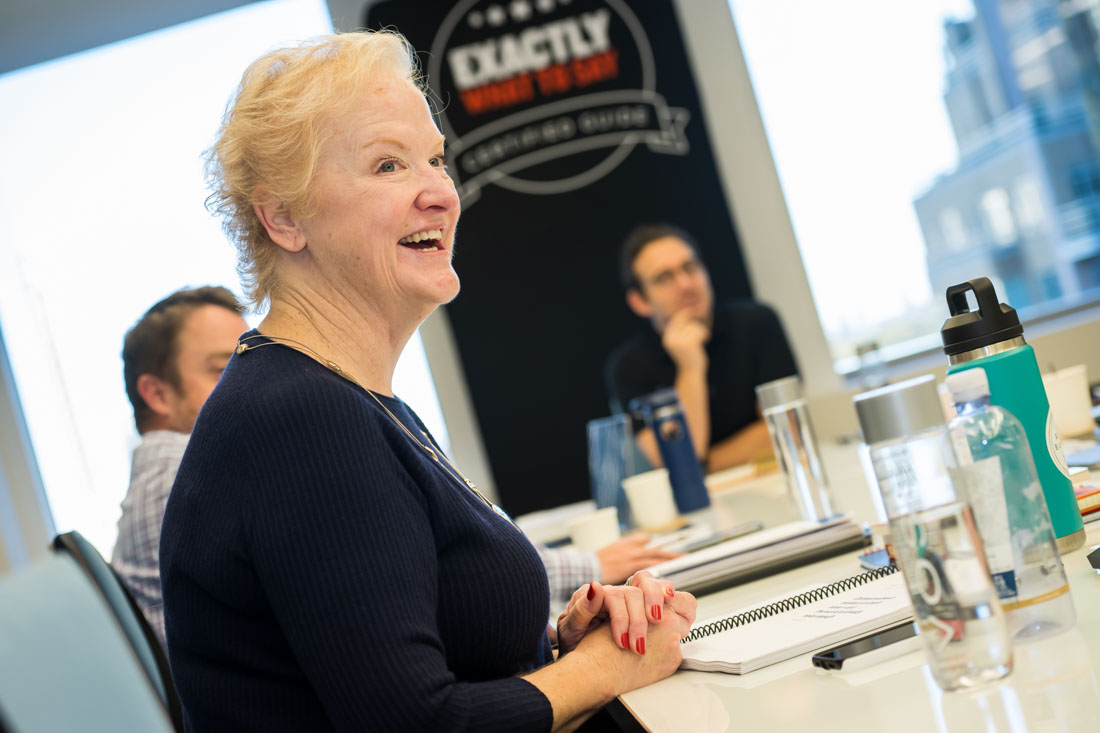What should you do when you can see a problem but want to avoid conflict?
Have you been in a situation where you can see somebody attempting to complete a task and you think “What are you doing?! You’re getting it all wrong!”
Does this sound all too familiar? It’s probably because you’re surrounded by idiots.
That’s a joke. But in actual fact, it can seem like other people are idiots when you don’t understand their logic or their way of doing things. And sometimes people do just get stuff wrong. And that’s ok.
So how do you stop somebody from making a mess out of something when you know a better way to achieve the outcome?
I had this problem with a dear friend of mine.
An Awkward Situation
Carson and I have been friends for a long time. We’ve enjoyed hosting parties and cooking together, right back to our school days.
Last Sunday, me and my son Will were hanging out with Carson and his daughter. Carson was telling me about how his daughter is now loving pasta, so we decided to cook up some Annie’s mac and cheese for everyone.
My approach to making Annie’s mac and cheese is quite simple. You boil up the noodles, strain them and then add the butter, cheese, and cream.
But as I’m watching Carson doing something completely different, I start wondering what the heck he’s doing.
He’s got the noodles boiled… but in a separate pot, he’s cooking the butter, cheese, and cream. It’s starting to clump up together and become thick.
A Common Problem
We’ve all been there. Whether it’s at work, at home with family, or with friends. We’ve seen somebody doing something differently from how we would do it, and we’ve immediately judged the situation.
When it’s not the same way we’d do it, we can be really quick to decide that they’re doing it wrong.
But actually, Carson wasn’t wrong about his way of making Annie’s Mac and Cheese.
I found this out when I questioned him on it. I’ve known Carson forever so I can have a joke with him and he didn’t mind me asking because of the way I phrased my words.
If you’re not conscious about how you react to people, you can find yourself in a conflict that could easily have been avoided.
Dave Inglis Tweet
Exactly What Not To Say
So when I asked Carson what he was doing, he told me he was making a roux. I didn’t even know what a roux was. But it turns out, it was a much better way of making mac and cheese than I’d ever made!
See how wrong you can be and why it’s important that you don’t go into a situation like that with the wrong type of communication?
If you say to somebody, “Hey, you’re doing it wrong!”, you’re immediately assuming that you know better than them.
This can go one of two ways; the best case scenario is that they avoid the conflict and adapt their ways to suit you. Maybe they learn something.
The second scenario is that they actually know more than you do. By assuming that they’re wrong, you’ve made them feel disrespected and undervalued. This creates conflict and division, rather than the connection and collaboration that you want.
Exactly What You Should Say
So what exactly should you say when you see somebody doing something wrong? Don’t tell them they’re wrong. Ask them a question.
For example: “Hey Carson, how certain are you that this is the way to make Kraft dinner?”
When you ask the question like this, you’re allowing space for you to express curiosity about the way that they’re getting things done.
You’re also providing them with the opportunity to explain what they’re doing and why. This protects you from making a fool of yourself if they’re actually about to tell you something you didn’t know.
You can get the answers you’re looking for or give the advice that’s needed without hurting anybody’s feelings and creating unnecessary conflict.
So next time you’re doing a work project or your doing a few jobs at home and you feel like your spouse, your business partners, or your customers are doing things in the wrong way, instead of telling them they’re wrong, the invitation here is to ask them, “how certain are you that the way you’re doing this is the right way?”
Then you’ll see the impact this has on those conversations.





